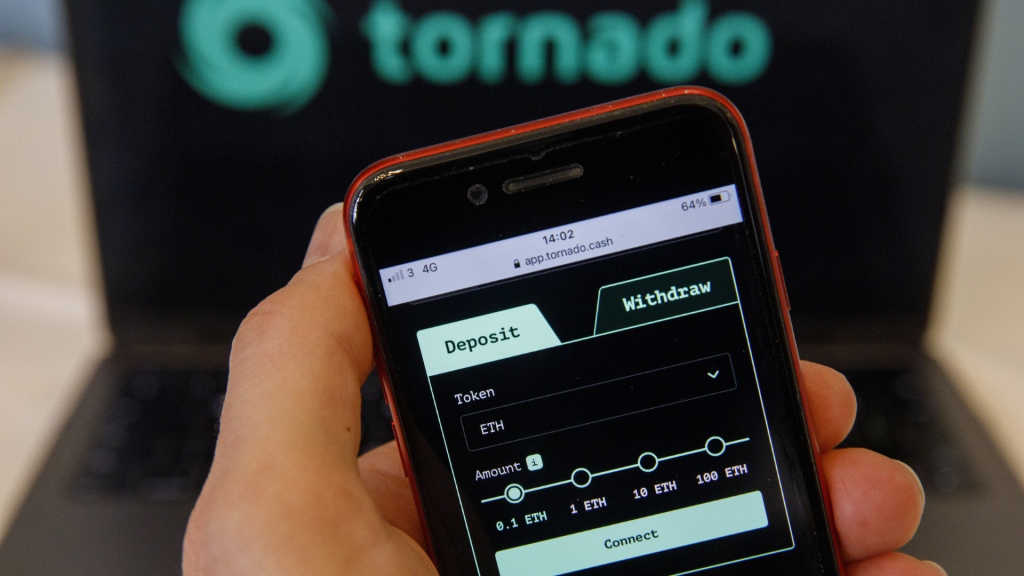A US court handed out a huge win for decentralized finance, ruling that the Biden administration must scrap its sanctions against Tornado Cash, the controversial open-source platform that allows users to privatize crypto transactions.
The 26 November decision overturns an earlier ruling that upheld the freeze on Tornado Cash’s assets, after the government argued that the firm facilitated anonymous transactions without any oversight.
The court’s verdict leaned on a powerful analogy: owning the right to a service doesn’t mean owning the provider of that service. Just as a client owns the right to legal services without owning their lawyer, Tornado Cash’s code is a tool, not a criminal entity, the judges said.
The decision sent TORN, Tornado Cash’s governance token, skyrocketing by over 700%.
But this isn’t just about $$. The ruling is seen as a landmark for the crypto community, boosting confidence among traders and developers alike.
Privacy/crime
Tornado Cash has long divided opinions. For privacy peeps, it’s a lifeline, shielding users from surveillance.
For critics (read: governments), it’s a haven for bad actors, including the North Korean Lazarus Group, which allegedly laundered $234 million stolen from Indian crypto exchange WazirX through Tornado Cash earlier this year.
On-chain data showed that the hacker group had nearly finished laundering those stolen funds, using Tornado Cash, in September itself.
Tornado Cash has been sanctioned by multiple US agencies in the past, and its founders haven’t fared well either – all three are either facing jail or are already serving sentences.
Their predicament has sparked broader questions: should developers be held accountable for how their code is used? The ruling gives new weight to the argument that they shouldn’t.
A win with global implications
No wonder the court’s decision was celebrated as a victory by the crypto world even though it’s unclear how courts and countries in other parts of the world will view this ruling.
Coinbase, the largest crypto exchange in the US, backed the legal fight against the government. Its chief legal officer, Paul Grewal, called the ruling “a historic win” for crypto and liberty.
“No one wants criminals abusing crypto protocols,” Grewal says, arguing that banning open-source technology because of a few bad actors goes beyond what the US Congress has authorized.
Consensys General Counsel Matt Corva took aim at government overreach, calling the ruling “a blow” to an administration acting without proper authority.
While the US Treasury Department did not respond to a MONIIFY request sent after US office hours for comment., it is clear that the court’s ruling marks a pivotal moment for crypto industry. It raises the stakes for how other countries might approach similar cases. Game on.






